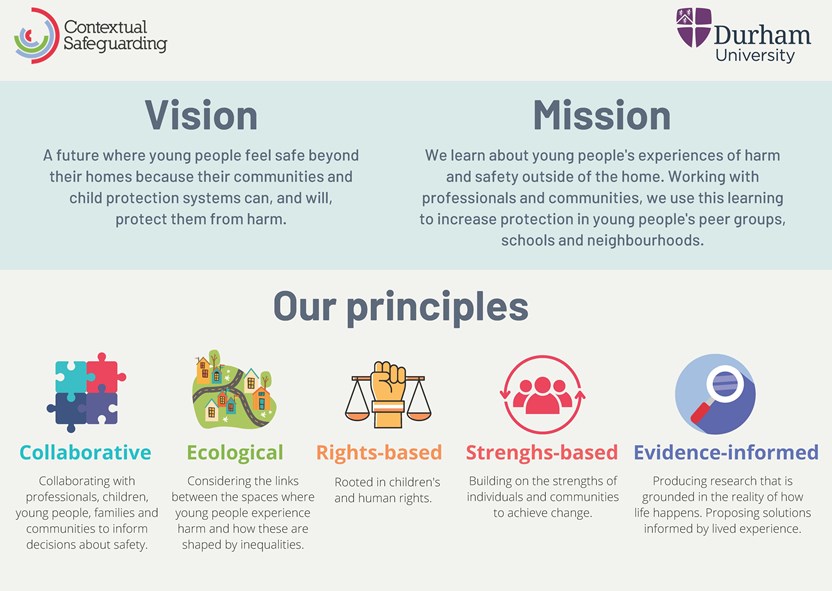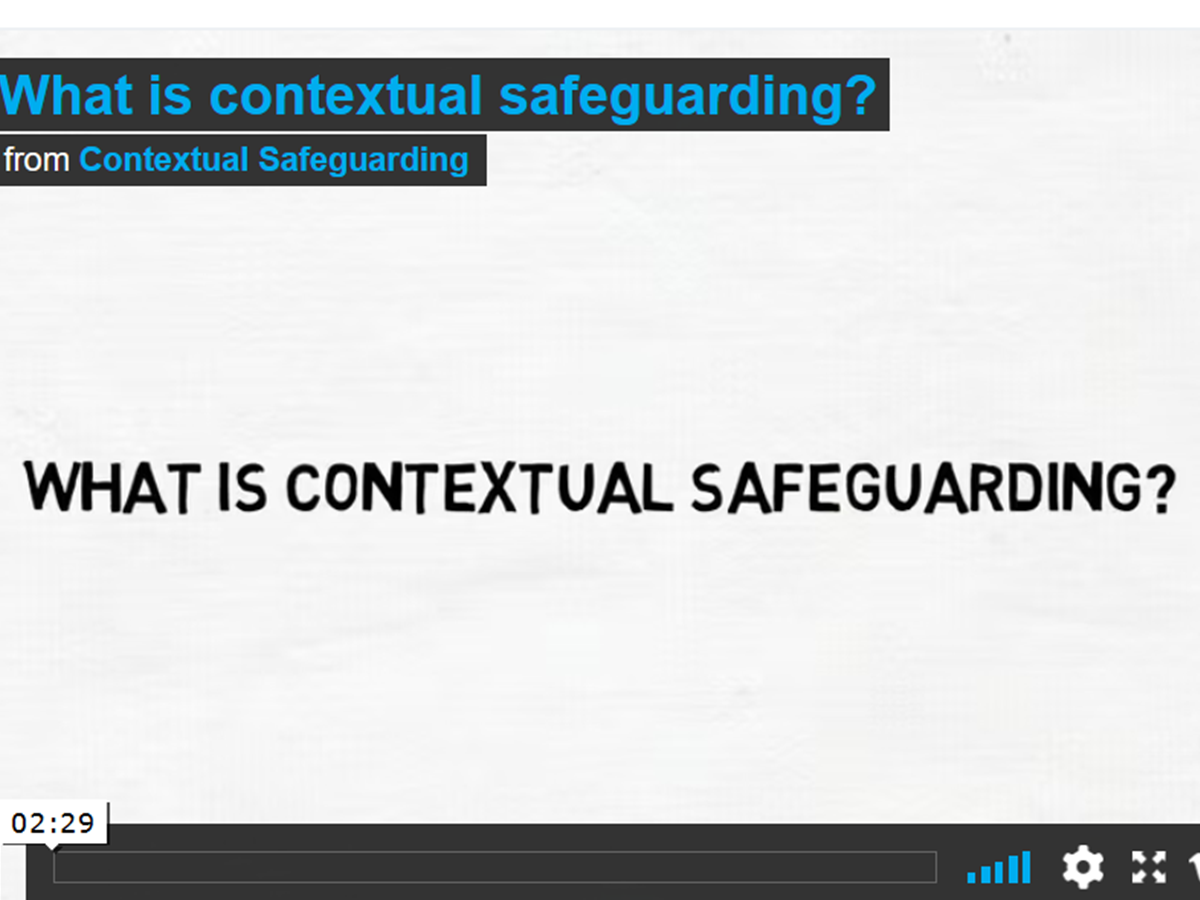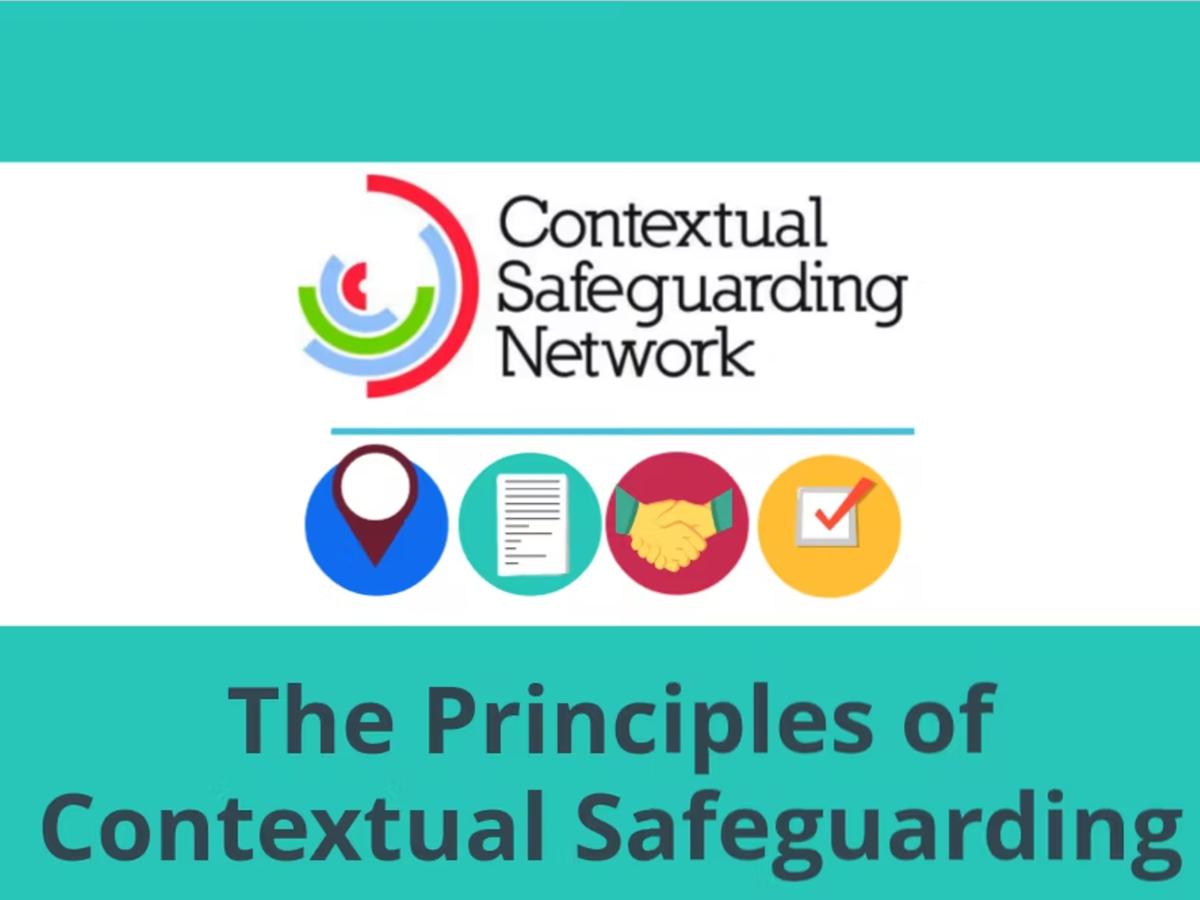Contextual Safeguarding is an approach to understanding, and responding to, young people’s experiences of significant harm beyond their families. It recognises that the different relationships that young people form in their neighbourhoods, schools and online can feature violence and abuse. Parents and carers have little influence over these contexts, and young people’s experiences of extra-familial abuse can undermine parent-child relationships.
Therefore, children’s social care practitioners, child protection systems and wider safeguarding partnerships need to engage with individuals and sectors who do have influence over/within extra-familial contexts, and recognise that assessment of, and intervention with, these spaces are a critical part of safeguarding practices. Contextual Safeguarding, therefore, expands the objectives of child protection systems in recognition that young people are vulnerable to abuse beyond their front doors.

Our strategy provides an overview of our achievements so far, our policy and practice goals for the next five years, and information on our new projects and PhDs.
In this talk Dr Firmin, the founder of Contextual Safeguarding outlines three things. One: how contexts beyond families are associated with abuse. Two: how traditional child protection systems fail to engage with these contextual dynamics. Three: the components of the Contextual Safeguarding system that would redefine what child protection means.






